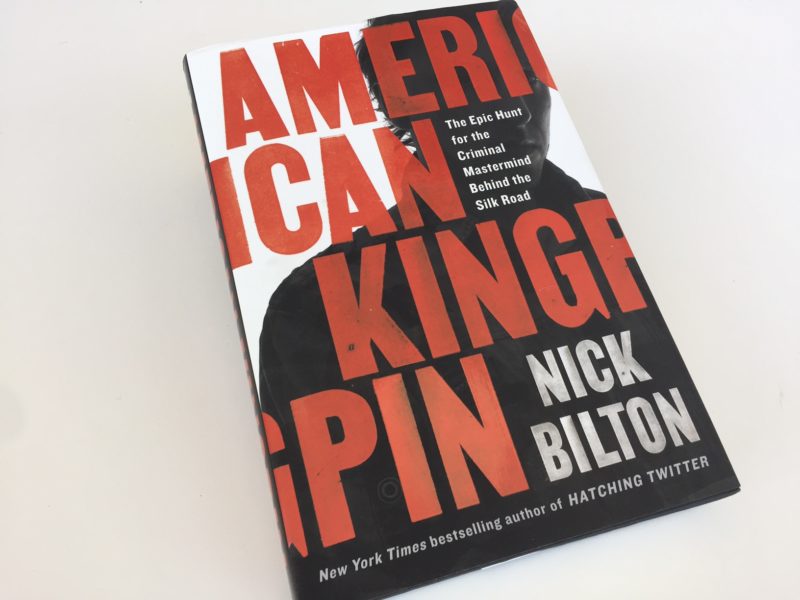The Turn of the Screw by Henry James (1898) - A nice little novella, though the cadence and writing style can seem uncomfortably thick after a while. For one, I don't think I've ever read prose that uses so many commas, often useless, and it can create an exhausting rhythm to the reading without any added stylistic value. On the other hand, it's an engaging story. At the time of publication, novellas were often published in magazines and the dun-dun-dun ending of certain chapters work well with the ghost story and certain phrases and intonations from Henry James are electric. Still, for such a short book (roughly 120 pages in paperback), I found there was too many words spent on the governess's love/awe of the children. The praising has its use plot-wise but I felt it went to it a little too often despite it being an understandable position as the bulk of the book is narrated in first person singular but leads to a lot of excessive telling as opposed to a necessary amount of showing. Still well worth a read, though.
The Lady with the Dog by Anton Chekhov (1899) - I don't know if this is the case of a poor translation but I was left pretty let-down by this despite being really excited at its reading it. I even re-read two or three times to see if I wouldn't change my opinion. I found the story undercooked and that additional pages/further exploration of the two main character's romance would have made the man's realizations feel like a bigger better payoff. Also didn't think that the prose had all that much flair or was all that grabbing despite a few really good passages. It's often considered one of the best short stories of all-time so I'm bound to try with a different translation and see if it works better.
A Scanner Darkly (1977) by Philip K. Dick - Re-read. I had liked it on a first read but the second reading has blown me away and the book rockets up among my all-time favorites. A poingnant and intelligent story with an impeccable style, atmosphere and structure. Masterfully plotted. Masterpiece work. Also a criminally underrated adaptation was made by Richard Linklater in '06. Worth checking out.It requires the greatest kind of wisdom, she thought, to know when to apply injustice. How can justice fall victim, ever, to what is right?
Tropisms by Nathalie Sarraute (1939) - A bunch of miniature stories (mostly less than 3 pages long) with an ephemeral atmosphere centered around mundane happenings (An older couple having tea, a man facing the silent hostility of others around him, etc). Very cool for how detailed the smallest moment (especially in such short order!) can be and yet obscured by not handing everything to the reader. Probably works best a curiosity piece for the average reader as it's not a book that's centered around any sort of plot, character development, etc. So far as I can tell, each piece could be read in any order and the reader wouldn't lose anything nor would the thematics of the books be altered or misunderstood. Loved it.
The Invention of Morel by Adolfo Bioy Cesares (1940) - A brilliant piece of work. Read this due to recommendation of a friend, as this novel seems to have inspired one of my all-time favorite films (Last Year at Marienbad, 1961) written by Alain Robbe-Grillet, a novelist I have a ton of respect for. The plot concerns a Venezuelan fugitive (the reason for which is undisclosed though alluded to being political) who escapes on an empty island but which contains a pool and a modern museum. Soon enough, a group of people arrive and the nameless protagonist falls with one of the woman named Faustine. When he tries to approach her, she seems to ignore him and/or not see him and the story develops from there. Morel is one of those books that are pretty cool because while conventionally constructed, you can see a beautiful style (mostly related to plot, cadence and themes) that the reader isn't sure if they were intended or just wonderful moments of artistic happenstance. At any rate, it works, and small images convey moments of immense beauty (such as two suns and two moons rising simultaneously in the sky due a technical effect caused by a machine) and the book is accompanied by drawings made by Borges' sister that both convey a dainty and surreal atmosphere, something that matches well with the novella. Repetition and a subjective perspective are massive here (and it was funny to me to see that what Robbe-Grillet seemed to have taken from the book was that its plot influenced his technical style, as opposed to the opposite!) and give way to a highly romantic story with an ending that is hard to shake off.











